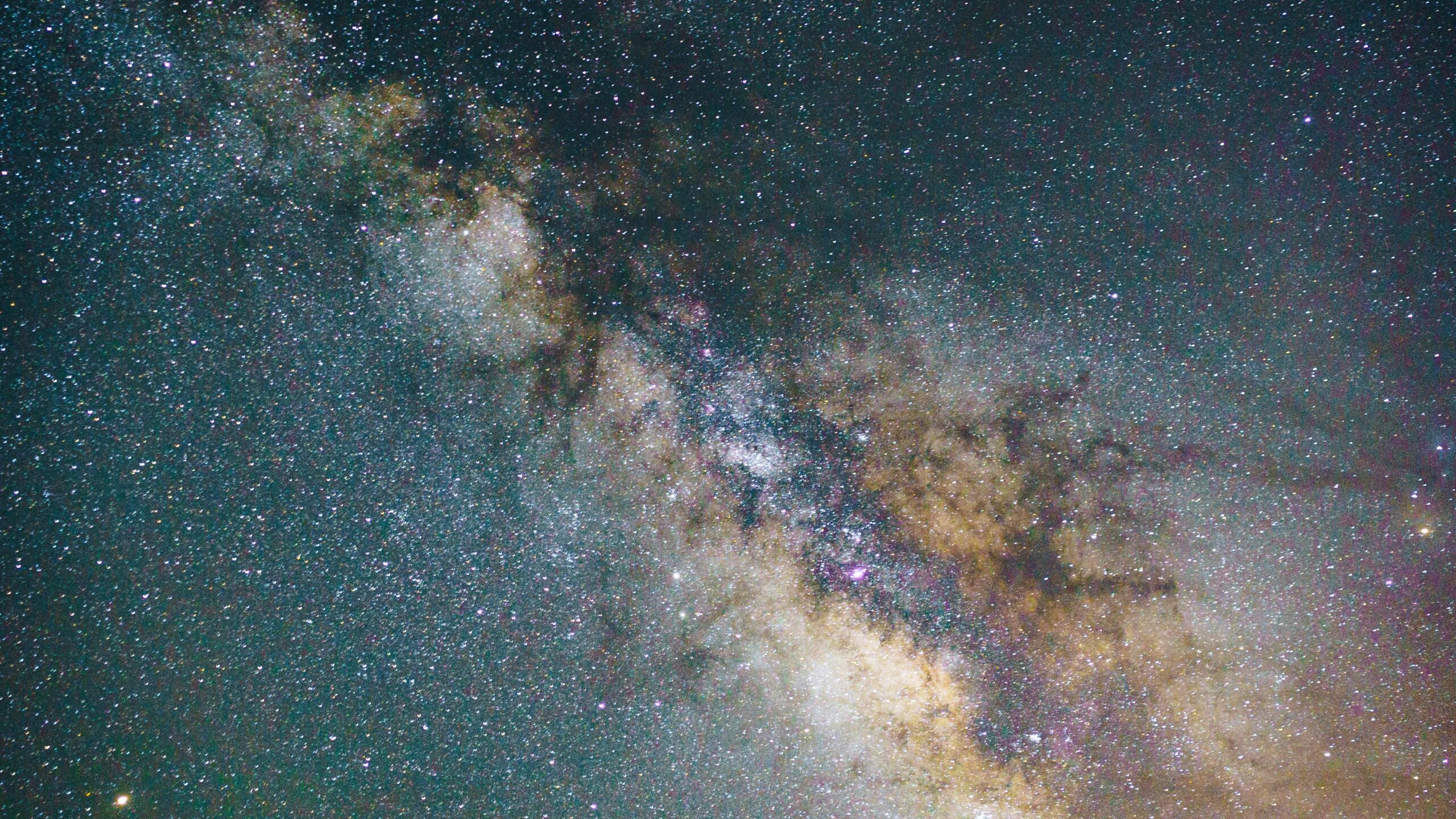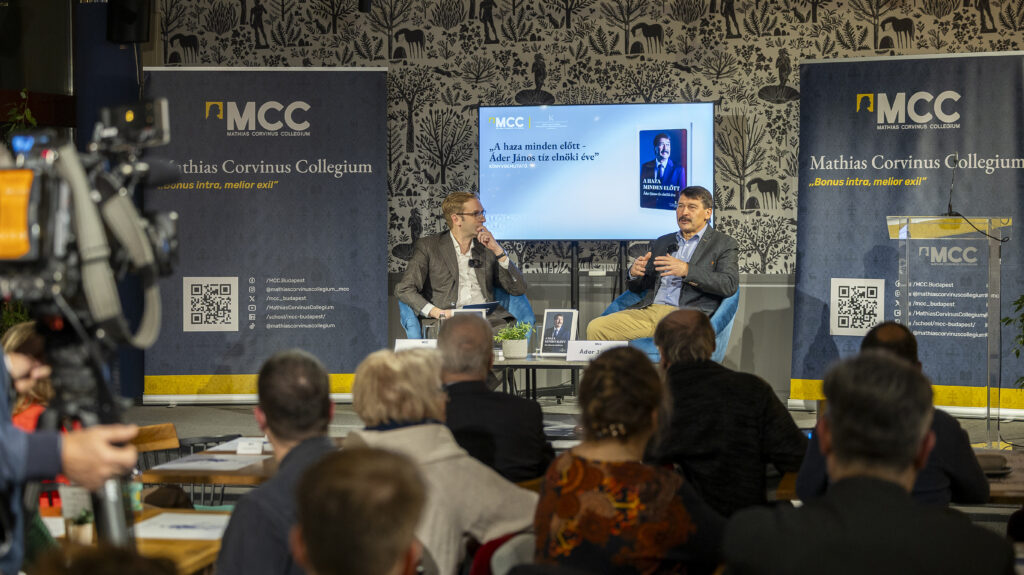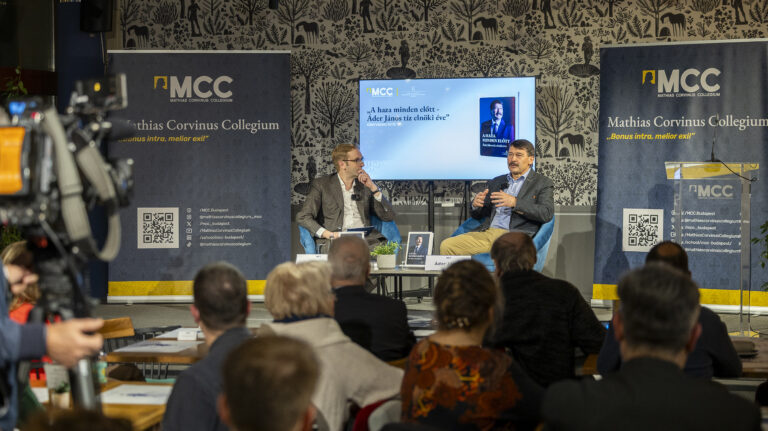In recent days researcher at the HUN-REN Centre for Astronomy and Earth Sciences ( HUN-REN CSFK) Krisztián Sárneczky has discovered new near-Earth asteroids. Additionally, in August Sárneczky was elected one of the newest honorary members of the International Astronomical Union (IAU), the Hungarian Research Network (HUN-REN) reported on Monday.
The IAU selected fifteen new honorary members at their August General Assembly. Krisztián Sárneczky, who works at the HUN-REN CSFK Konkoly Observatory, became the second Hungarian to join the organization, following Attila Mizser. In addition to his work in popularizing science, Sárneczky has recently achieved outstanding results in the field of planetary defence. The announcement recalled that in the past two years the Hungarian astronomer discovered three near-Earth asteroids just before they entered the atmosphere, a remarkable feat on a global scale.
In July this year he discovered two new comets within a week, and just a few days ago, he identified several previously unknown near-Earth asteroids using the telescope at the Piszkéstető Observatory. ‘Finding comets is difficult, as only a few dozen are discovered globally in a year, far fewer than asteroids or supernovae,’ Sárneczky explained in the statement. He added that this is one of the most challenging yet prestigious branches of astronomy, as, according to a centuries-old tradition, the discovered celestial body is automatically named after its discoverer. The importance of comets, according to the researcher, lies in their function as time capsules, potentially containing materials that originated during the formation of the solar system. ‘If such a comet visits us for the first time, it can bring fresh material, from which we can learn more about the formation of our solar system,’ he explained.
‘Finding comets is difficult, as only a few dozen are discovered globally in a year, far fewer than asteroids or supernovae’
However, not only comets are important, but also near-Earth asteroids, as any one of them could pose a threat to humanity. Of the more than 220 near-Earth asteroids discovered from Piszkéstető in recent years, three entered the Earth’s atmosphere just hours after detection, but fortunately, only small fragments reached the surface. ‘So far, only eight such cases have been recorded, and three of these were discovered in Hungary, with the rest being detected under NASA-supported programmes,’ Sárneczky emphasized, adding that in the last week of August alone, he discovered eight near-Earth asteroids, though none will come extremely close to Earth. ‘However, they play an equally important role in planetary defence, as they could potentially approach us after a few orbits,’ the astronomer added.
Sárneczky observed the comets and asteroids using the telescope at the Piszkéstető Observatory in the Mátra Mountains, which has been in operation since 1962. The instrument has undergone several major upgrades since its inception: its entire motor system has been replaced, the telescope’s field of view has been increased tenfold, and images are now recorded digitally. Currently, a 116-megapixel detector serves as the telescope’s eye, gathering incoming photons.
The search for asteroids is aided not only by increasingly sophisticated telescopes but also by artificial intelligence-based algorithms, which assist Sárneczky and his team. Their project is still in its testing phase, but they have high hopes for it, as these AI-based programmes can detect asteroids much more accurately and quickly than the institute’s previous traditional software.
Related articles:







